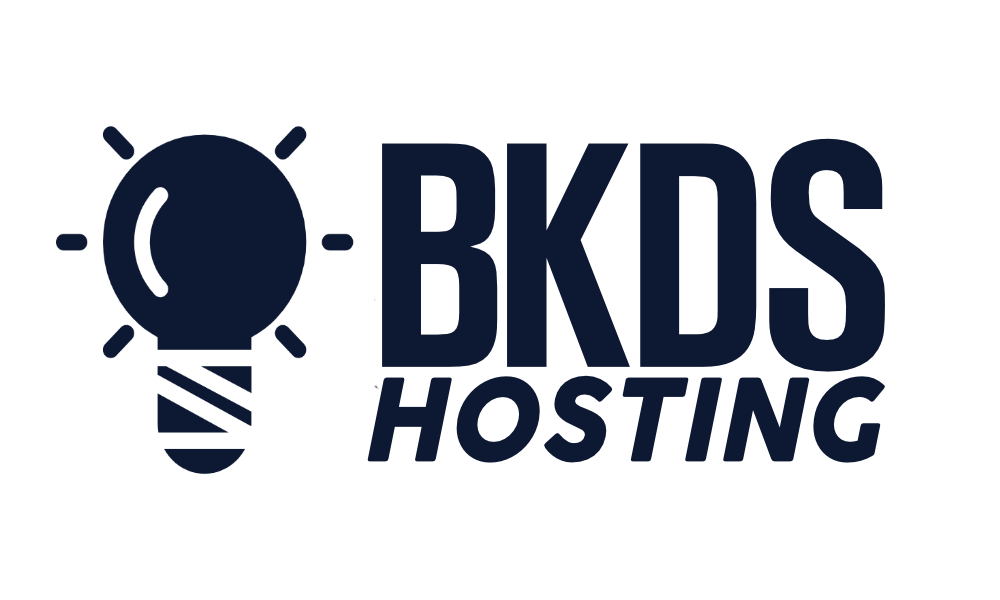In an era marked by digital advancement and online competition, the scalability of a business is deeply intertwined with its digital presence. As businesses grow and evolve, their online platforms must keep pace, seamlessly accommodating increased traffic, expanding storage needs, and enhanced functionality. Central to this fluid growth is the choice of website hosting service—a decision often underestimated in its strategic importance. When selected with foresight, a robust hosting plan can be a powerful lever for business scalability. However, the question remains: how does one navigate the labyrinth of hosting options to find the most scalable solution? The answer to this question forms the backbone of our ensuing discourse.
Understanding Business Scalability

To comprehend business scalability, it is fundamental to understand its role in enabling a website to adapt and grow in conjunction with business expansion, ensuring it can accommodate increased traffic, data, and user demands without sacrificing performance. The backbone of this scalability is the hosting server, whose resources must be efficiently managed to maintain an optimal online presence.
A primary aspect of business scalability involves load balancing, which refers to the distribution of workloads across multiple computing resources to maximize throughput, minimize response time, and avoid system overload. Load balancing can help manage fluctuating traffic patterns, ensuring your website remains resilient and responsive.
Website hosting can be scaled vertically by boosting server resources – such as CPU, RAM, and storage space – to handle increased demand. Alternatively, horizontal scaling, accomplished by adding more servers to the network, can efficiently distribute the load and mitigate the risk of any single point of failure.
Cloud hosting is a popular choice for achieving business scalability due to its flexibility and cost-effectiveness. It allows businesses to scale up or down as needed, ensuring a robust and reliable online presence, pivotal in today's digital-centric business environment.
Importance of Website Hosting
Understanding the significance of website hosting is pivotal for any business, as it not only influences the performance and reliability of a website but also impacts cost-effectiveness, security, and scalability capabilities. Choosing the right hosting provider depends on the precise needs of your business and its potential for growth.
- Performance and Reliability: The website loading speed and uptime are largely determined by the hosting environment. A reliable web hosting plan ensures the website remains accessible and performs optimally, even during high traffic and resource demands.
- Cost-effectiveness and Scalability: A scalable web hosting plan allows businesses to expand and adapt to changing needs. This ensures business scalability by allowing companies to host multiple websites and accommodate increasing traffic without incurring substantial costs.
- Security and Customer Support: A good hosting provider prioritizes security, handling sensitive customer data with utmost care. In addition, robust customer support ensures any issues or disruptions are quickly addressed, minimizing potential downtime.
Evaluating Hosting Options

When it comes to evaluating hosting options, an array of factors such as cost-effectiveness, scalability, security, and adaptability must be thoroughly assessed to ensure they align with your business's specific needs and growth trajectory.
Choosing the right hosting involves a careful examination of hosting plans offered by different web hosting services. Cost-effectiveness is a crucial factor; however, it should not compromise the reliability of the web hosting company. Remember, your Business Web presence calls for a dependable service that guarantees optimal performance even during peak times of increased traffic and resource demand.
Scalability is another significant aspect in evaluating hosting options. The chosen website hosting should allow for Business scalability, adapting seamlessly as your company expands and the volume of traffic increases. Prioritize hosting plans that can handle this growth without compromising site performance.
Security is non-negotiable when it comes to website hosting. Robust security measures are essential to protect your business and customer data. Finally, adaptability ensures that your hosting service can evolve with your business, accommodating new technologies and market trends. Therefore, when evaluating hosting options, consider these factors to optimize your business's online performance and growth.
Scalability Techniques and Tools
Having evaluated the importance of certain criteria in choosing a hosting service, we now shift our focus to the specific scalability techniques and tools that can enhance the performance and adaptability of your business's online presence.
When it comes to business scalability, website hosting plays a pivotal role. There are three primary scalability techniques and tools that can accommodate increased traffic or traffic spikes and ensure seamless user experiences:
- Hosting options: Based on your business requirements and traffic dynamics, you can choose from shared hosting, dedicated hosting, or virtual private servers. Each has its merits and trade-offs in terms of cost, performance, and control.
- Content Delivery Networks (CDNs): CDNs distribute your data across multiple locations, reducing the load on the main server, and ensuring faster, more reliable access for users worldwide.
- Caching and Partitioning: Tools like Redis or Memcache can cache frequently used data, reducing server load, while partitioning can handle heavy traffic by dividing data into more manageable chunks.
Transitioning to Scalable Hosting

In the face of burgeoning business growth, transitioning to scalable hosting becomes an imperative strategic move to ensure uninterrupted service, rapid website speed, and seamless user experiences. The right web hosting plan is essential to handle the challenges of business scalability, as websites and applications must accommodate increased traffic and data as businesses grow.
Transitioning to scalable hosting is not a one-size-fits-all process. It's contingent on your specific needs and the trajectory of your business. Indications such as sluggish website speed, high traffic, frequent downtime, or significant structural changes within the company signal the need to upgrade your hosting provider.
Hosting providers like BuildThis offer flexibility with standard, premium, and custom packages that can be tailored based on demand. These packages provide scalability options for managed databases, additional storage, and the potential to operate across multiple servers.
Conclusion
In conclusion, the significance of a scalable website hosting service for business growth is undeniable. It supports increased traffic, bandwidth, and storage needs, while offering easy adaptability. Therefore, businesses must strategically evaluate hosting options, employ effective scalability techniques, and consider transitioning to a scalable hosting plan. By doing so, they can ensure their websites are equipped to grow alongside their business, thereby fostering business scalability.

